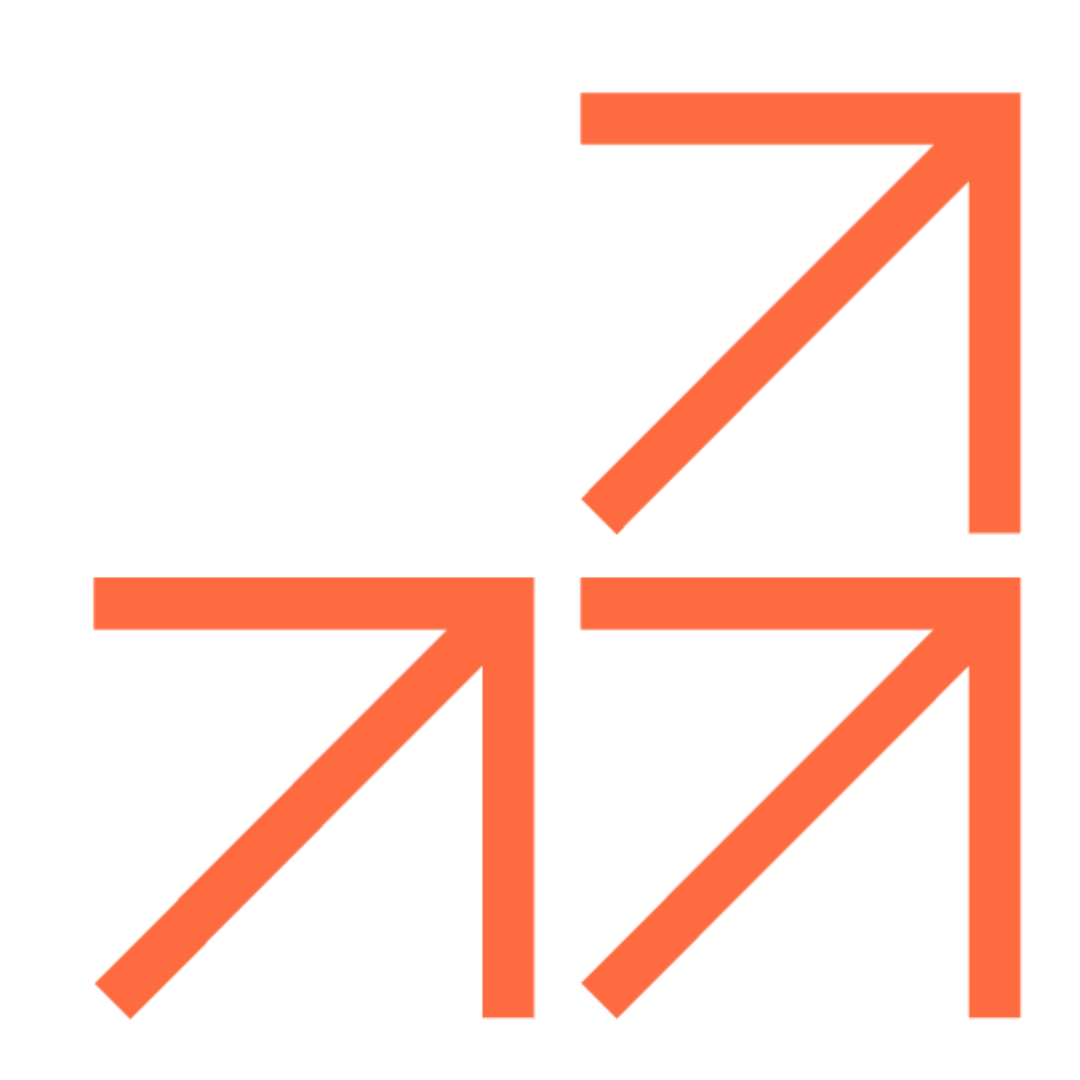Pedagogy of the Oppressed
what is it
"Pedagogy of the Oppressed" by Paulo Freire is a foundational text in critical pedagogy. It critiques the traditional education model, which Freire describes as the "banking model," where teachers deposit knowledge into passive students. This model, he argues, reinforces oppressive structures in society by inhibiting critical thinking and creativity. Freire proposes an alternative approach: dialogical education, or problem-posing education, which emphasizes collaboration, critical thinking, and dialogue between teacher and student. This approach aims to empower learners, fostering consciousness about social injustice and enabling them to challenge and change oppressive systems. Freire's work has been influential in education, social justice, and community development.
How it inspires us
Incorporating the principles of "Pedagogy of the Oppressed" can profoundly influence the Social Good Collective's approach to education and activism, promoting a more inclusive, empowering, and transformative process of learning and social engagement.
Empowerment Through Education: Freire's philosophy aligns with the Collective's commitment to empowering individuals and communities through education. His approach fosters critical thinking and active learning, crucial for understanding and addressing social injustices.
Challenging Traditional Power Structures: The book's focus on challenging oppressive systems resonates with the Collective's aim of advocating for systemic change and social justice.
Encouraging Dialogue and Participation: Freire's emphasis on dialogue and participatory education mirrors the Collective's approach to fostering inclusive and engaged communities.
Inspiring Activism and Social Change: The principles in "Pedagogy of the Oppressed" inspire individuals to not only learn about but actively participate in the fight against oppression, aligning with the Collective’s mission of driving societal progress.

